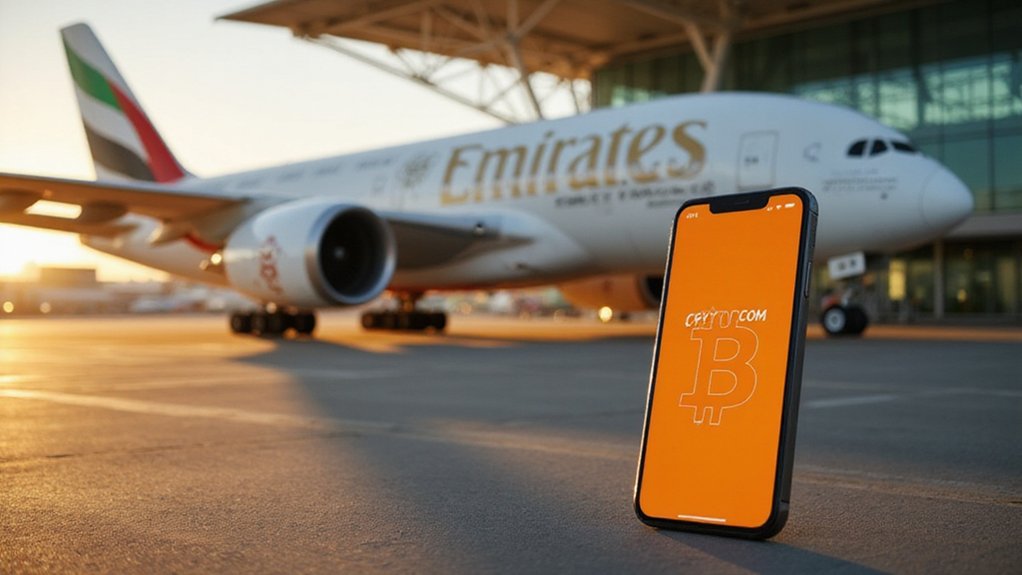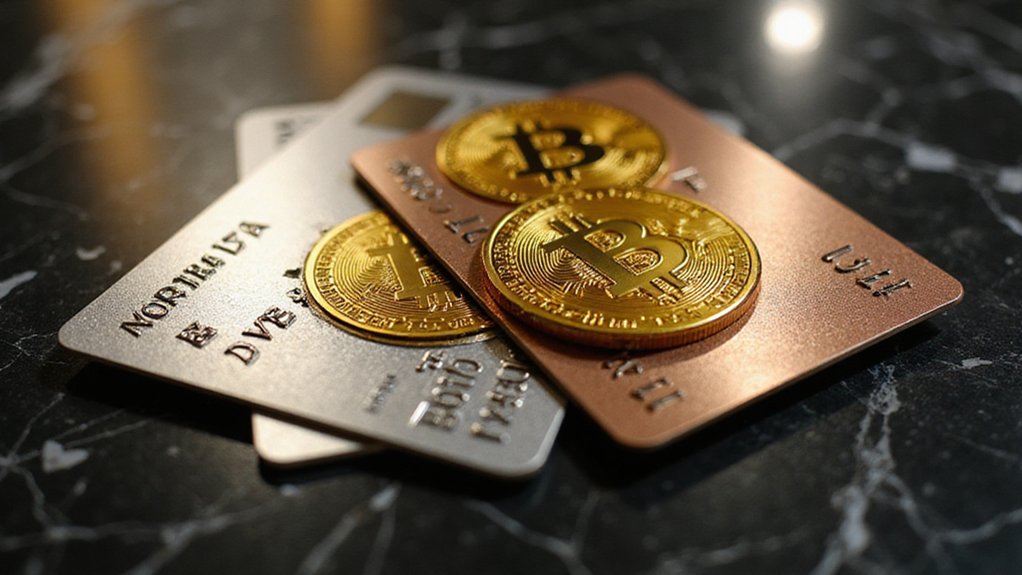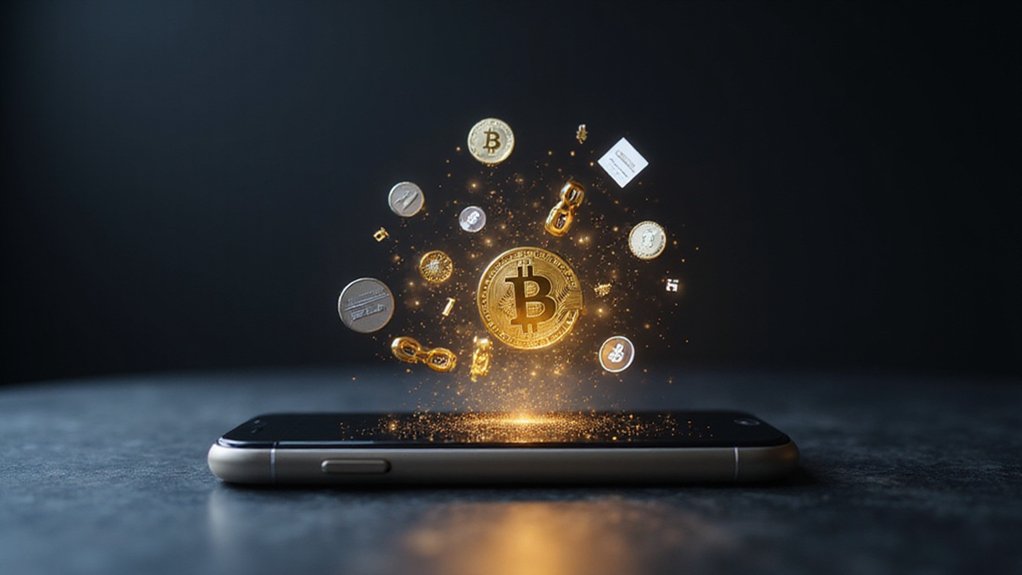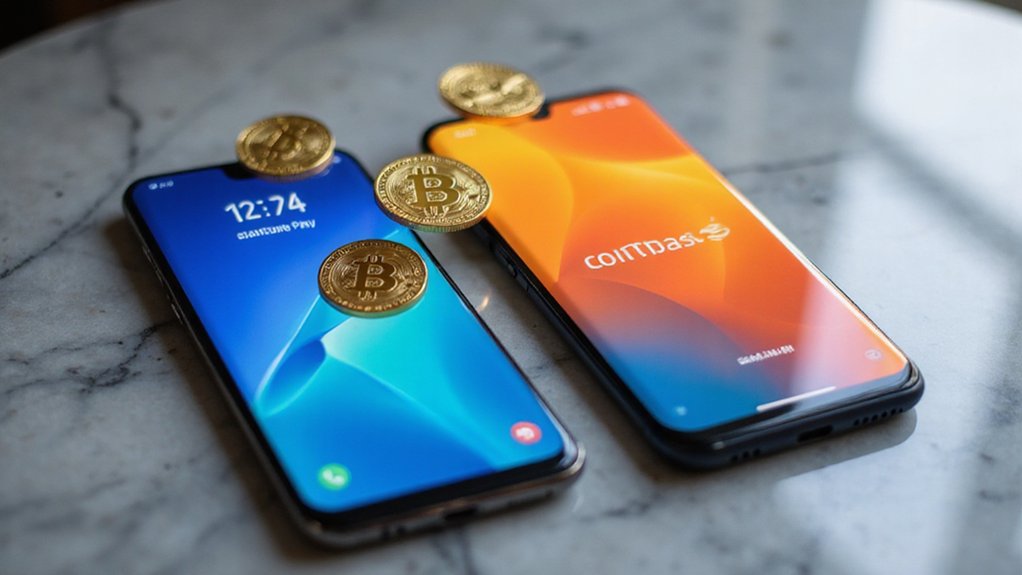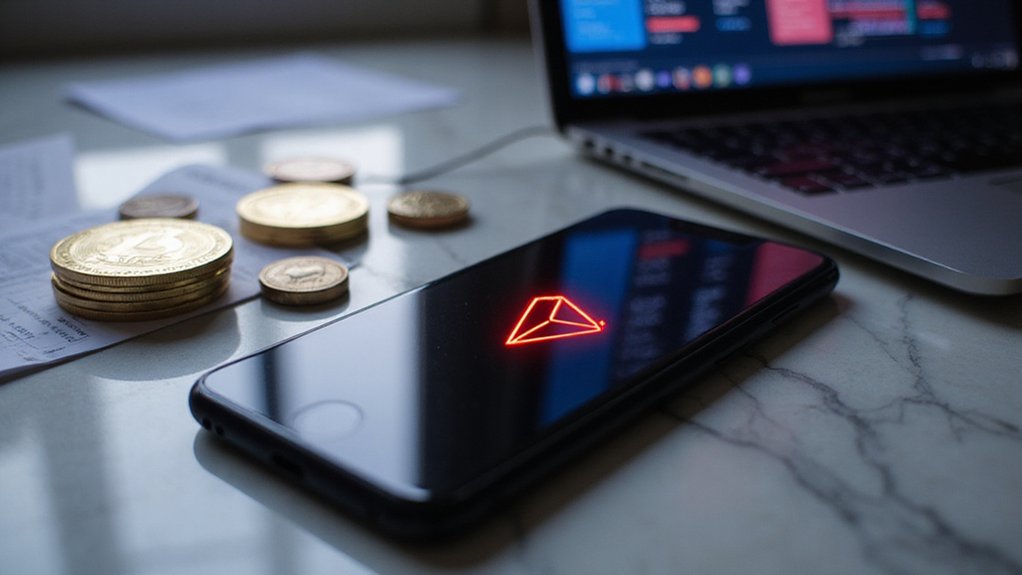The convergence of traditional banking infrastructure with digital asset ecosystems has produced some fascinating partnerships, though few demonstrate the seamless integration promised by Singapore Gulf Bank‘s collaboration with Binance Bahrain. This alliance eliminates the friction that typically plagues fiat-to-crypto conversions—those tedious delays and fees that transform simple transactions into multi-day ordeals requiring the patience of a saint and the financial cushion to absorb mysterious intermediary charges.
SGB operates as a crypto-friendly digital bank offering 24/7 service with zero monthly fees, directly connecting users to Binance’s exchange infrastructure. The partnership leverages SWIFT networks to facilitate instant USD-to-cryptocurrency conversions, targeting both institutional players and retail investors who previously endured the bureaucratic gymnastics of traditional cross-border transfers.
One might wonder why such straightforward functionality took this long to materialize, given that moving money digitally shouldn’t require reinventing financial physics.
The irony becomes apparent when considering Binance’s broader Bahraini presence—or rather, its conspicuous absence. While SGB champions this revolutionary integration, Binance platform remains officially unavailable to Bahraini residents, creating a peculiar situation where the technology exists but direct access doesn’t.
Regulatory and operational considerations apparently influence this limited presence, leaving local users to seek alternatives or navigate circuitous routes to digital asset trading.
SGB’s positioning as a regulated, all-in-one solution attempts to bridge this gap, combining traditional banking licenses with crypto custody frameworks. The bank commenced operations in 2024, collaborating with multiple fintech firms beyond its Binance integration—a prudent diversification strategy considering the volatile nature of crypto partnerships.
Meanwhile, transaction fees reflect the usual complexity: Binance Pay charges 0.80% per transaction as of December 2024, with fixed fees of $0.50 for amounts under $100 and $1 for larger transactions.
Network fees apply when transferring to DeFi wallets, because miners and validators require compensation for maintaining blockchain security—a cost that somehow always surprises users expecting truly “free” digital transactions.
This partnership represents progress toward seamless crypto-fiat integration, though the broader accessibility challenges in Bahrain highlight how regulatory frameworks continue shaping the digital asset landscape in unpredictable ways. Emerging platforms like the Kaanch Network, which launched in 2023 with ambitious claims of near-zero gas fees, attempt to address these cost barriers that traditional crypto infrastructure continues to impose on users.


